
Data from the PERSEUS trial support the FDA approval of the subcutaneous daratumumab-containing regimen in newly diagnosed multiple myeloma.

Your AI-Trained Oncology Knowledge Connection!


Russ Conroy is an Associate Editor for CancerNetwork. He grew up in Hillsborough, New Jersey, and graduated from Rutgers University-New Brunswick in 2022.
On the weekends, he likes to unwind by playing video games with friends, tailgating at Rutgers football games with his family, or building his music collection with a visit to Princeton Record Exchange.

Data from the PERSEUS trial support the FDA approval of the subcutaneous daratumumab-containing regimen in newly diagnosed multiple myeloma.

Data from ASC4FIRST support the priority review designation for asciminib in Philadelphia chromosome–positive chronic myeloid leukemia in chronic phase.

Data from AMPLIFY show a trend towards improved overall survival with acalabrutinib-based therapy among patients with chronic lymphocytic leukemia.
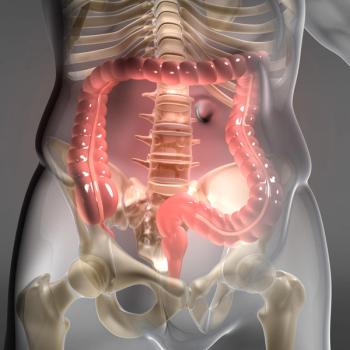
Shield, the first FDA-approved blood test for CRC screening, may offer convenient screening access for those who are at average risk for the disease.
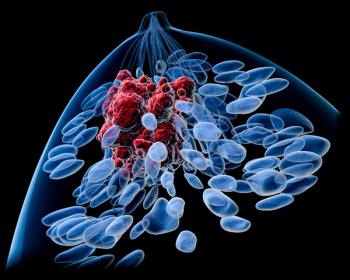
A user-friendly “nudge” may provide a timely reminder to surgeons to consider the value of sentinel lymph node biopsy in older patients with breast cancer.

The FDA has set a Prescription Drug User Fee Act date of December 28, 2024, for cosibelimab in advanced or metastatic cutaneous squamous cell carcinoma.

Members agreed that perioperative regimen NSCLC trial designs should clarify the contribution of treatment during adjuvant and neoadjuvant therapy.

The agency has set a Prescription Drug User Fee Act date of January 7, 2025, for its decision on approving remestemcel-L in this patient population.

Feedback from a Type C meeting signals the end of preparatory regulatory interactions for the phase 3 TACTI-004 trial’s design in metastatic NSCLC.

Preclinical data support the potential anti-tumor activity and tolerability of a novel FR⍺ topoisomerase I inhibitor in ovarian cancer and NSCLC.

Data from DREAMM-7 and DREAMM-8 support the marketing authorization application for the belantamab mafodotin combinations in multiple myeloma.
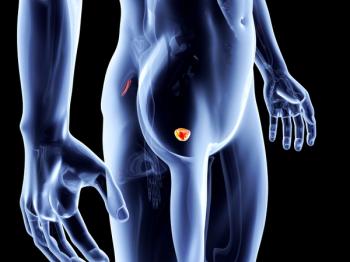
Developers plan to submit data from the ARANOTE trial to global regulatory health authorities to expand indications for darolutamide in metastatic HSPC.

Data from a phase 1/2 trial support the potential clinical activity of DSP-5336 in patients with relapsed/refractory AML harboring a KMT2A rearrangement.

Approximately two-thirds of patients who received study treatment in NeoACTIVATE had no remaining tumors at the time of surgery.
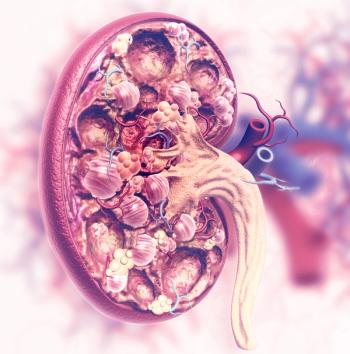
Data from CheckMate 214 show a steady improvement in overall survival with nivolumab/ipilimumab in patients with favorable-risk disease.

Developers plan to discuss findings from the phase 2/3 GBM AGILE study with the FDA to determine a potential approval pathway for paxalisib.

Upon acceptance, the FDA will review the resubmitted application between 2 and 6 months for remestemcel-L in pediatric patients.

Developers designed ADI-270 to potentially improve clinical responses in patients with renal cell carcinoma and other CD70-positive tumors.

Developers intend to halt the phase 2/3 SKYSCRAPER-06 trial assessing tiragolumab plus atezolizumab and chemotherapy in nonsquamous NSCLC.

Second interim analysis findings from CARDITUDE-4 show no new safety signals with cilta-cel in relapsed, lenalidomide-refractory multiple myeloma.

Phase 1 data support the application for cosibelimab as a treatment for those with metastatic or locally advanced cutaneous squamous cell carcinoma.
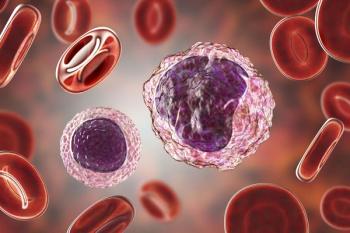
Findings from ELM-1 and ELM-2 support the positive opinion for odronextamab as a treatment for relapsed/refractory follicular lymphoma and DLBCL.

The European Commission is expected to decide on approving epcoritamab in relapsed/refractory follicular lymphoma later in 2024.

HRQOL data from the CheckMate 8HW trial may further support frontline nivolumab/ipilimumab for those with MSI-H or dMMR metastatic colorectal cancer.

The complete response letter for patritumab deruxtecan is based on findings related to a third-party manufacturing site inspection.

Findings from the EPCORE NHL-1 trial support the FDA approval of epcoritamab in relapsed/refractory follicular lymphoma.
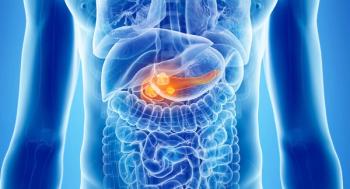
More than half of the patients who received mitazalimab plus chemotherapy experienced an unconfirmed objective response in the phase 2 OPTIMIZE-1 study.

Data from FRESCO-2 support the approval of fruquintinib for those with previously treated metastatic colorectal cancer in the European Union.

The European Medicines Agency will begin a centralized review process for subcutaneous nivolumab across multiple solid tumor indications.

Data from CAPItello-291 support the approval of capivasertib/fulvestrant for ER-positive, HER2-negative breast cancer in the European Union.